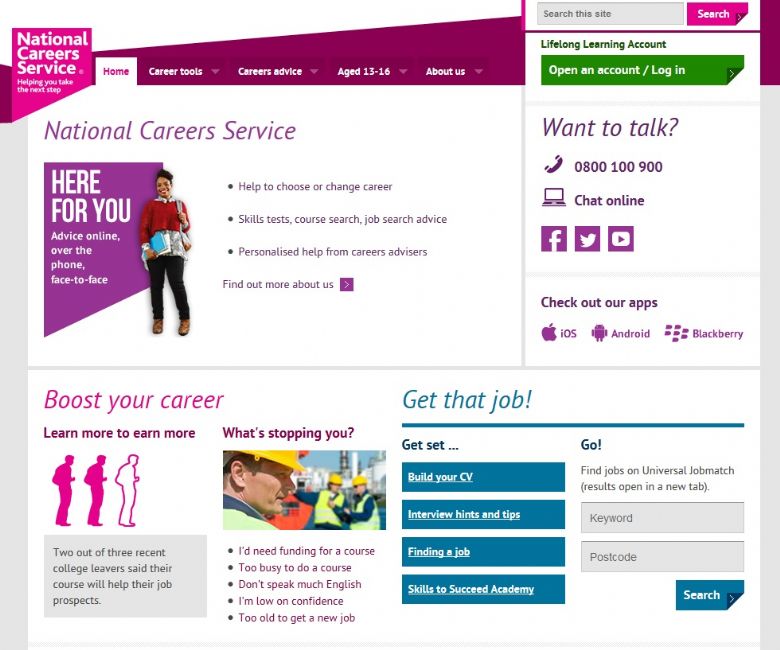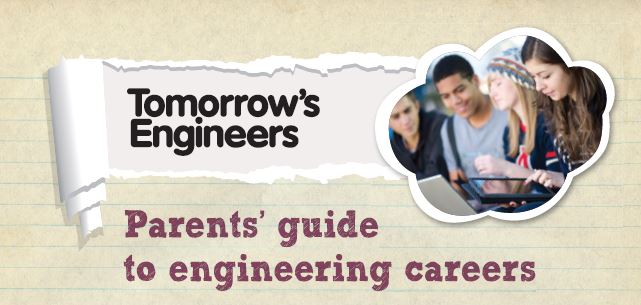Careers Education
Careers Education, Information, Advice and Guidance at Carshalton High School for Girls provides a Stable Careers Programme of activities to develop the knowledge and skills needed to make informed decisions about career pathways. CEIAG at Carshalton High School for Girls is delivered within the Careers curriculum and is integrated in the whole school curriculum. The Careers Programme includes Work Experience, Work Related Learning and Enterprise. The school is committed to providing a comprehensive Careers Programme that meets these requirements and also fulfils the criteria for the Investor in Careers award and fully meets the Gatsby Benchmarks.
For a copy of our Careers Policy please click here. The next review for this policy will be in Spring 2026.
Mrs Phelps-Gardiner
Careers Manager with overall responsibility for careers leadership
020 8647 8294
dphelps-gardiner@carshaltongirls.org.uk
Access to Providers (Baker Clause)
Our mission is to give students meaningful encounters with employers and to provide them with the information regarding all the pathways that are available to them, not only during their time here with us but for life after Carshalton High School for Girls. Throughout the Year we have a number of opportunities for Colleges and Training providers to support our careers programme, we would encourage you to contact Mrs Phelps-Gardiner our Careers Manager if you would like to discuss our careers programme.
Work Related Learning, Careers Education and Information Advice and Guidance at CHSG
At Carshalton High School for Girls you are entitled to receive a programme of work related and career related learning, careers information, advice and guidance designed to help you to understand yourself, know what opportunities are available and to make plans to help you achieve your education and career goals.
At all Key Stages you can expect …
- access to a planned programme relevant to your year group
- access to a qualified impartial and independent careers adviser
- help to recognise your likes, dislikes, influences, strengths and preferences in relation to career decisions
- help to develop your personal story of progress and success
- information about the world of work and how the labour market is changing
- information about further and higher education, training and apprenticeships and employment routes
- to be well-prepared for different transitions
- to take part in activities which challenge stereotyping and raise your aspirations
- to develop skills and qualities to improve your employability
- to develop enterprise skills
- help to develop your personal network of support and to be well- prepared for different transitions
- help to develop personal budgeting skills and knowledge of financial aspects to career decisions
- to develop and strengthen your personal presentation skills for selection processes
- to be signed posted to relevant up-to-date and impartial sources of careers information and advice
- an opportunity to individual appointments with a qualified, independent, impartial careers advisor at any time in your school journey.
Also, to not have limitations imposed on your aspirations based upon your social, economic or ethnic background.
ALL STUDENTS WILL:
By the end of Key Stage 3:
- begin to develop an awareness and understanding of your individual skills, motivations, strengths and preferred learning styles
- identify different ways careers develop, different kinds of work and differences between business organisations and structures
- be able to access careers resources in the Careers Centre and other career websites
- investigate choices and opportunities open to you in the worlds of education and work
- know how you can negotiate and make plans to develop your achievements, qualifications, skills and relevant experiences
- receive careers information and on-going support from staff such as your Tutor
- take part in the year 8 Pathways event where you can access information about different curriculum areas and the implications of studying specific subjects in Key Stage 4 and individual interviews between student, parent and SLT as part of the process.
- start to plan your future, setting targets and goals and recognise what can affect meeting them
By the end of Key Stage 4:
- understand the qualities, attitudes and skills needed in the working world
- have been given the opportunity to speak to representatives from various sectors of the world of work
- understand the impact of how the world of work is changing and implications for your own career planning
- have developed financial capability skills
- have produced and reviewed a curriculum vitae
- have written a formal letter, e.g. covering letter
- been given impartial advice and guidance on post-16 education, employment and training and apprenticeship options
- develop presentation and interview skills
- be able to access careers information and resources via the LRC and career websites
- have visited or spoken to representatives of further or higher education institutions, such as universities
- have opportunities to evaluate individual achievements e.g. rewards assemblies, enterprise activities
- review targets and know strengths & weaknesses and learn how to overcome barriers
- be given the opportunity to take part in work experience
- investigate opportunities and interpret information to feel confident with their planned Post 16 options
By the end of Key Stage 5:
- develop a C.V. and other strategies to improve your success in selection processes
- develop employability skills and an understanding of work during work experience
- participate in an enrichment and tutorial programme focused on your personal development
- review and reflect on your earlier career and work related learning activities and experiences and previous transitions to help you plan ahead
- investigate career pathways and university requirements to develop knowledge of post 18 options
- opportunity to set targets and review your progress and on-going support from your tutor and subject teachers
- recognise barriers to the achievement of your plans and know how to overcome them
- develop independent research skills
- have had the opportunity to meet university representatives
- have had the opportunity to meet apprenticeship providers
- have been given the opportunity to visit universities
- have been given the opportunity to volunteer or take part in work experience
- have received a regular information, containing up-to-date information on higher education taster days, apprenticeship and job opportunities
- understand the UCAS process and be able to research different universities and courses using online resources
- have information and support with financial planning for university, work and training
- have written a personal statement for a UCAS or job application
- have been mentored through the university application process or supported with job or training applications
- have access to information on how to apply for internships, sponsorships or Gap Year placements
- have been given the opportunity to take part in enterprise and challenge activities
- research further learning and/or work options
- reflect achievements and expand horizons.
The following links lead you directly to the right pages of the Success at School website. Do you need to know:
- How to develop skills
- Information about apprenticeships
- Advice from people in the industry
- Industry and sector information
- Subject-specific information
There is a wide range of Careers Education related activities on offer at Carshalton High School for Girls such as; an annual Careers Fair, Careers curriculum delivered through PSHE lessons, tutor time, trips and Careers presentations which take place throughout the year. In addition, students have open door access to a fully qualified careers adviser, Mrs Greenland. Students also
The Government’s expectation, set out in the DFE Careers Strategy (‘Making the most of everyone’s skills and talents’) and the accompanying Statutory Guidance in January 2018, is that schools should be working towards The Gatsby Benchmarks; a set of 8 standards that research suggests define best practice in regards to careers education and guidance.
To find out more information about the Gatsby Benchmarks for Good Career Guidance please click here
Tomorrow's Engineers have a free Parents’ Guide to Engineering Careers
SmallBusinessPrices.co.uk



